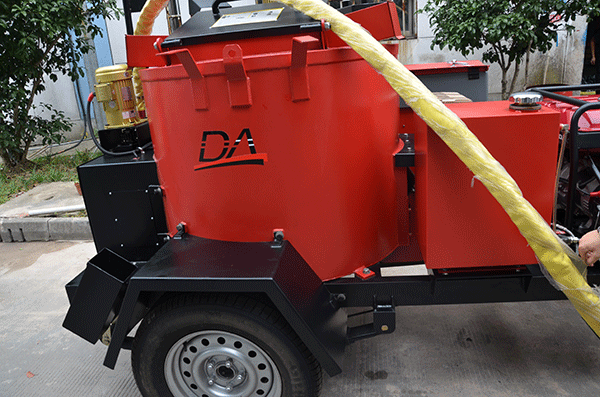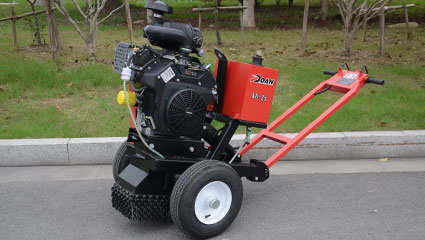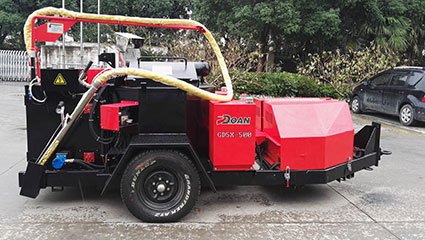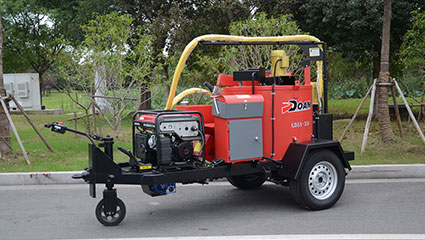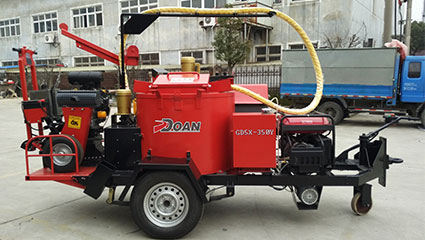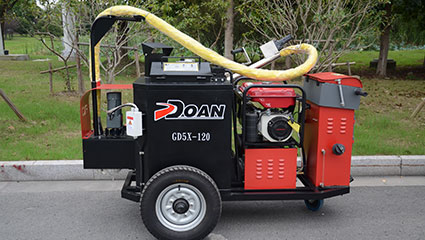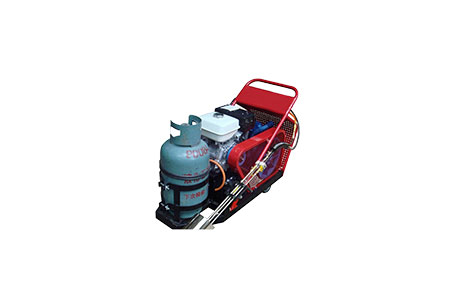To test Crack Sealing Machine working performance, which contains a comprehensive experimental and modeling investigation on the contraction and expansion of asphalt mixture due to thermal cycles. As part of this study, a model of Crack Sealing Machine was developed for thermal stress analysis during cooling/heating cycles using different cooling rates and isothermal conditioning periods. The model accounts for the asphalt mixture glass transition and physical hardening, and it can be used to investigate which thermo-volumetric parameters significantly affect the asphalt mixture response during cooling and heating cycles.
Using the model predictions it is shown that thermal stress throughout the cooling process. Cooling rate also affected the amount of delayed stress build up occurring after the temperature has stabilized at isothermal condition due to physical hardening.
A new thermal Crack Sealing Machine model, which was developed and validated. This model represents a significant step forward in accurately quantifying the cracking mechanism in pavements. The work performed opened the discussion on the cyclic behavior of asphalt mixtures that may hold the key to developing cracking resistant mixtures under multiple cycles of temperature

